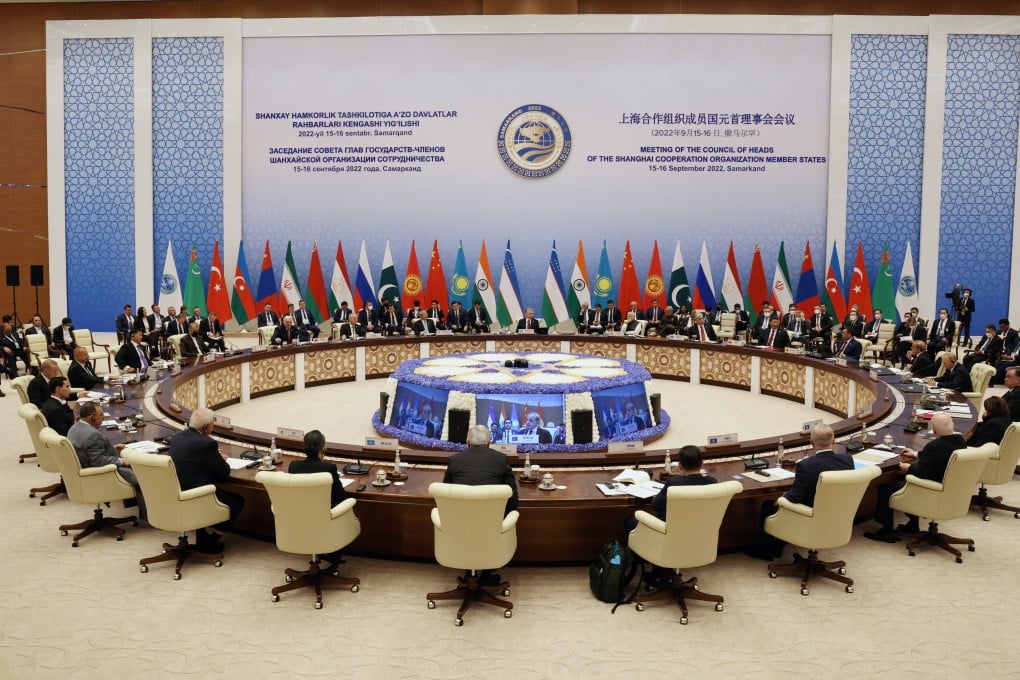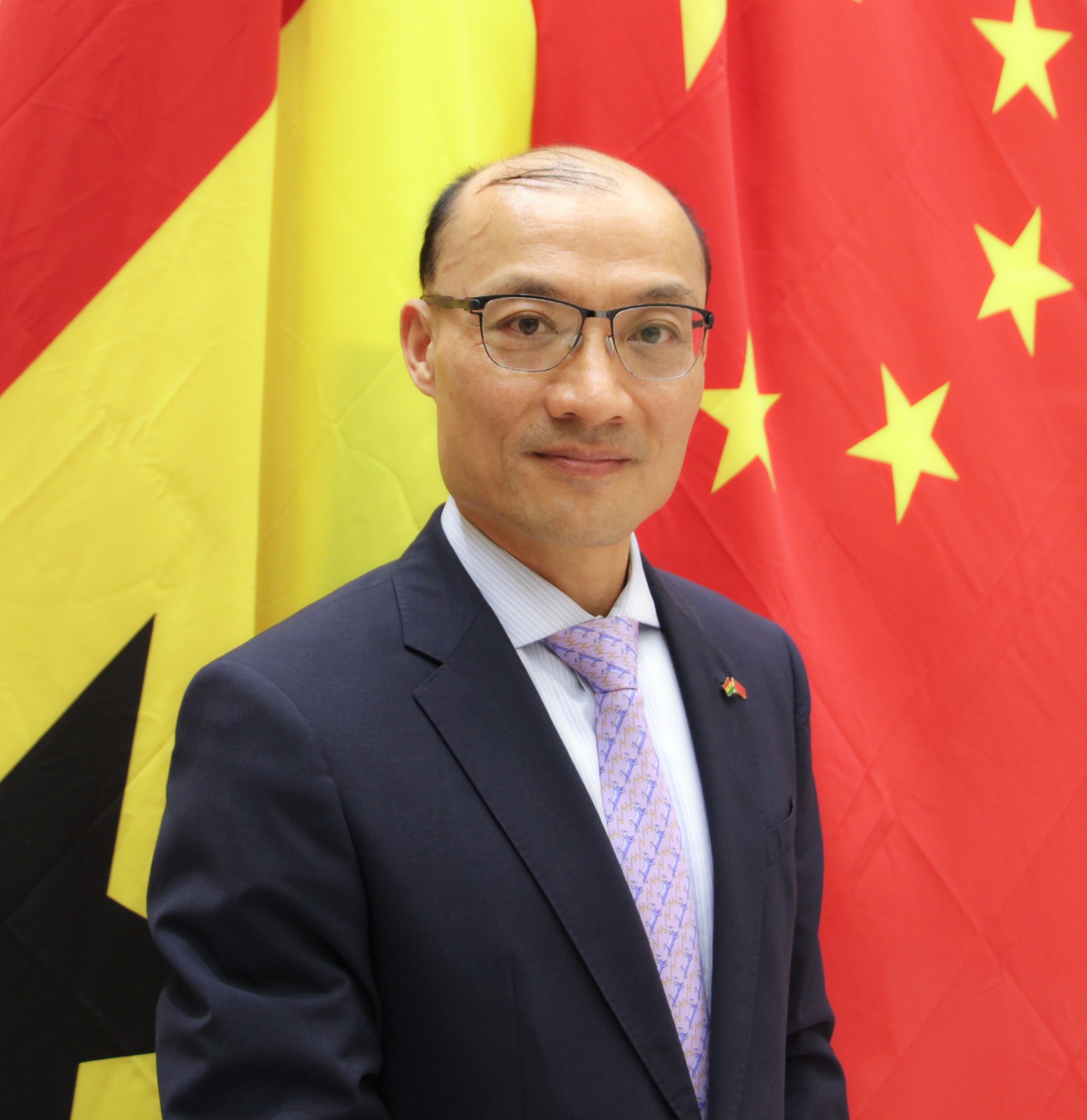(by H.E. Tong Defa, Chinese Ambassador to Ghana)
The 2025 Shanghai Cooperation Organization Summit was successfully held early September in Tianjin, China. President Xi Jinping for the first time proposed the Global Governance Initiative (GGI). The GGI is another major initiative proposed by China, following the Global Development Initiative (GDI) at the “SCO+” meeting, the Global Security Initiative (GSI) and the Global Civilization Initiative (GCI), once again contributing Chinese wisdom and solutions to strengthen and improve global governance.
This year marks the 80th anniversary of the victory of the World Anti-Fascist War and the founding of the United Nations, as well as the 65th anniversary of the establishment of diplomatic relations between China and Ghana. Looking back at history, China and Ghana have consistently adhered to the basic norms of international relations based on the purposes and principles of the UN Charter. We unequivocally support multilateralism and Pan-Africanism, and remain committed to the greatness of safeguarding world peace and development.
Currently, the international situation is changing rapidly and turbulent. The United Nations and multilateralism face challenges, while the global governance deficit continues to widen, and global challenges persist without abating. The existing global governance system struggles to meet governance demands, particularly failing to adequately reflect the representation and voice of the vast majority of developing countries. In this pivotal historical year, President Xi Jinping solemnly put forward the GGI, responding to the expectations of the international community, building broader consensus, and injecting new momentum into the reform of the global governance system.
The GGI articulates five core principles: First, adhere to sovereign equality. All countries, regardless of size, strength or wealth, shall have the equal right to make decisions and benefit from the global governance process. Second, abide by international law. International law and rules are common standards, which should be jointly formulated, maintained, and implemented by all countries, and there is no and should be no exception. Third, practice multilateralism. Global governance is a matter for all countries, which needs coordination and cooperation to resolve challenges together. Fourth, advocate the people-centered approach. We should strive to turn people’s longing for a better life into reality and jointly building a world in which all can enjoy affluence and contentment. Fifth, focus on taking real actions. Global governance lies in practice and actions. It is necessary to address the practical issues concerned by all countries, especially the vast number of developing countries.
China is not only an advocate of global governance concepts, but also an active practitioner. In order to address the development and security deficit in the world today, and to promote multipolarization, economic globalization and civilization diversity, China has successively put forward the GDI, GSI and GCI. These initiatives have been widely welcomed and recognized by the international community, especially developing countries and the Global South.
In recent years, China has engaged in discussions, cooperation, and development with developing countries through multilateral platforms such as the Forum on China-Africa Cooperation, the Shanghai Cooperation Organization, the BRICS cooperation mechanism, the China-CELAC Forum, and the China-Arab States Cooperation Forum. China has also proposed and actively promoted practical actions such as jointly building the high-quality development of the Belt and Road Initiative and actively participating in multilateral mechanisms under the UN framework. China has worked to translate its initiatives into tangible outcomes.

China supports expanding the representation and voice of developing countries in international organizations, promoting the evolution of the global governance system toward greater fairness, inclusiveness, and effectiveness. This reflects China’s responsibility as a major country and injects strong momentum into the international community’s joint response to global challenges.
The peoples of China and Africa share similar tragic experiences and historical memories of colonial rule and hegemony, and have supported each other in the struggle for national liberation and independence. President Kwame Nkrumah once said, “We face new problems, but we have the strength and courage to solve them.” Today, in the face of mounting global challenges, China remains steadfast in standing with developing countries, safeguarding their legitimate rights and interests, particularly those of African nations. China and Africa support each other in international affairs, jointly oppose hegemony and power politics. China advocates redressing historical injustices suffered by Africa, insists on increasing the representation of developing countries—especially African nations—in the UN Security Council, and supports African countries in playing a greater role and exerting greater influence in global governance, particularly within inclusive frameworks for addressing global issues.
China stands ready to work with Ghana to jointly implement the GGI, build a more just and equitable global governance system and advance toward a community with a shared future for humanity. Enditem
Share Us



